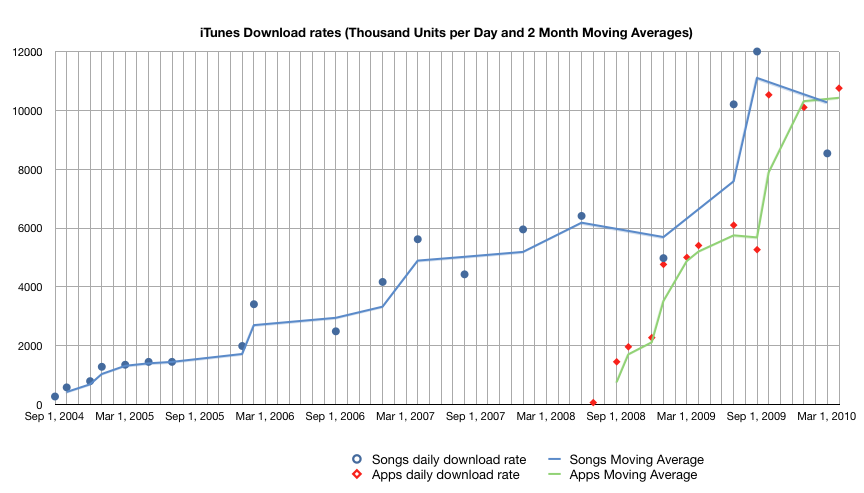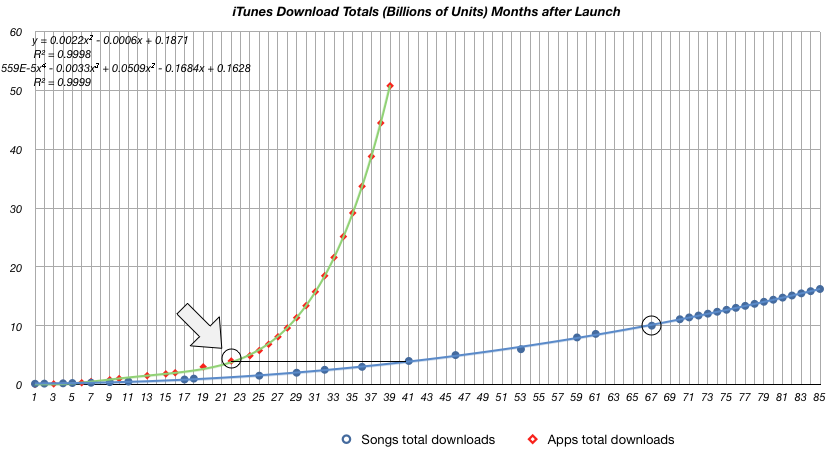Meanwhile, Apple’s market share in the portable media player (PMP) category was 92%, up from 87% in the study six months ago
via AppleInsider | Number of high school students planning to buy an iPhone doubles.
Does anybody remember iPod killers?
How about the iPhone killers?
No matter, it’s now time for the iPad killers.



